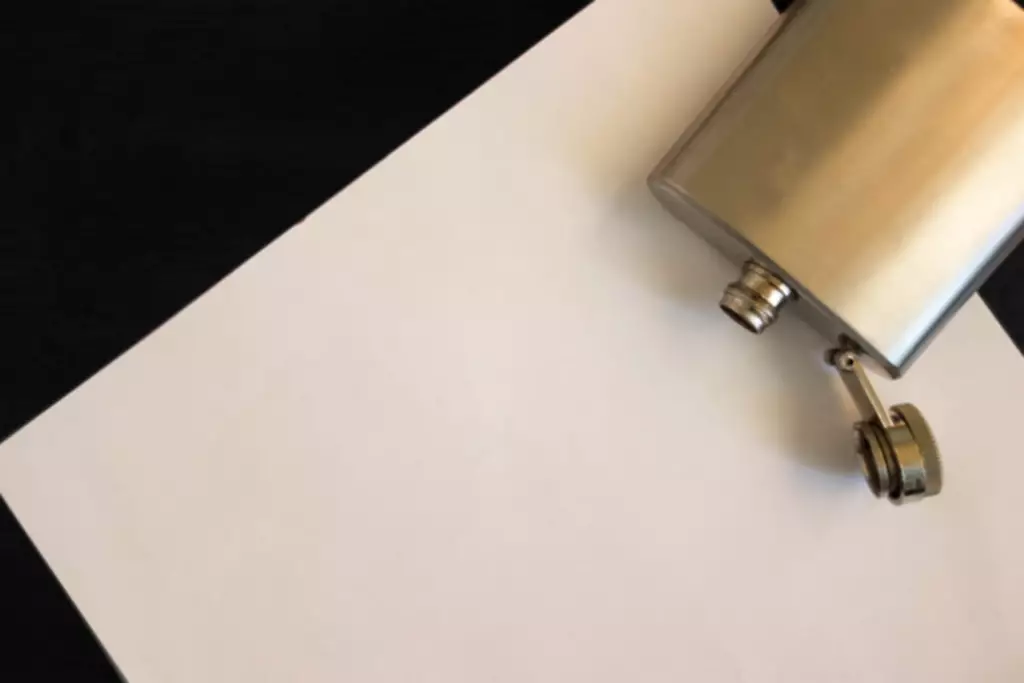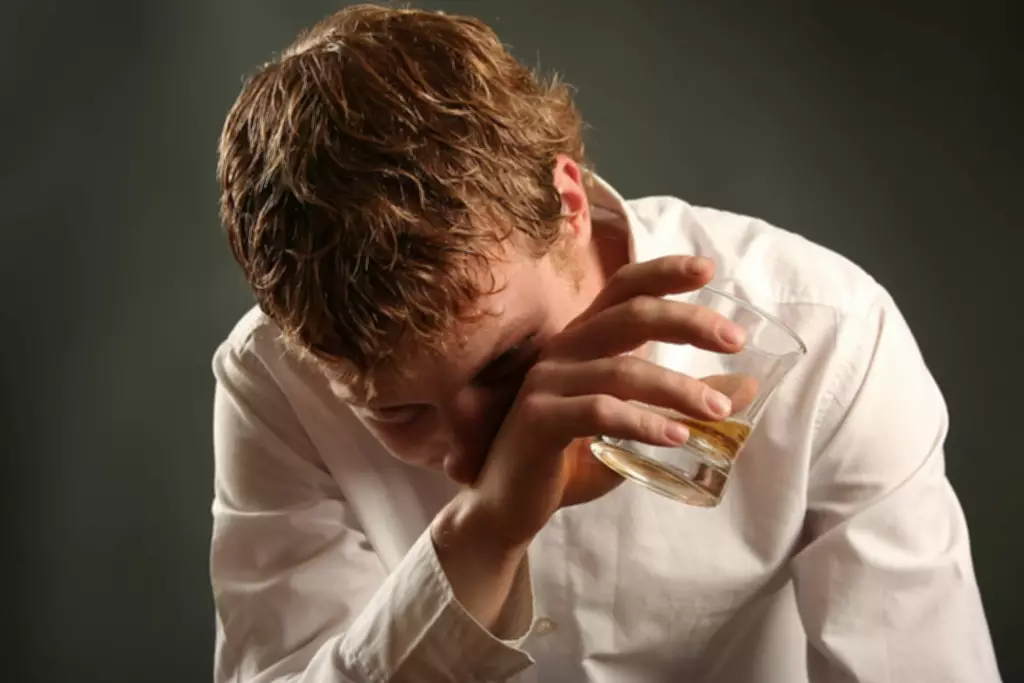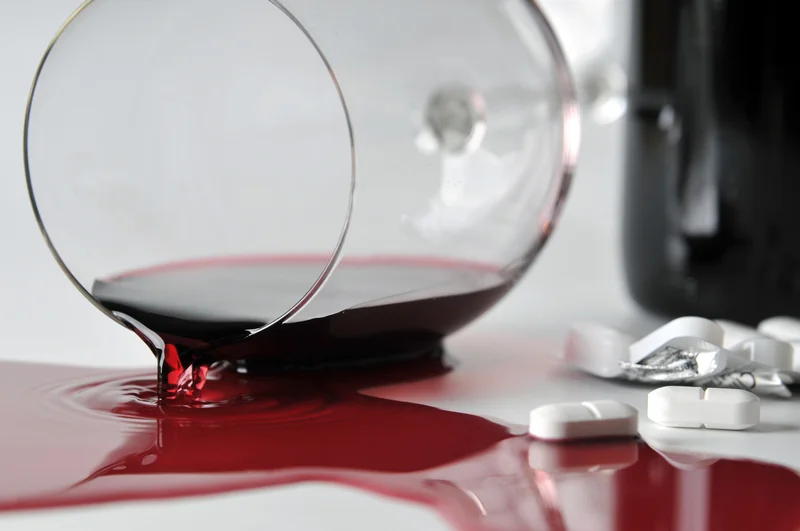
“The one-year mark is when your overall risk of different cancers has leveled off,” says Dr. Mosquera. “Your relationships are likely improved, and your resilience has increased,” says Dr. Mosquera. “Alcohol is a monkey wrench in our homeostasis,” says Dr. Mosquera. The dehydrating effect of alcohol affects your skin and your hair significantly. As you have four weeks of better hydration, improved sleep and better overall health, it will noticeably affect your skin and hair. Your skin may appear fuller and healthier in consistency and quality.
Week (7 Days)

That, combined with alcohol’s famous ability to remove inhibitions, leads to extra eating. Within Twelve-step program 3-7 days, withdrawal symptoms will stop for most dependent drinkers. In rare cases, symptoms can develop into delirium tremens (DTs), which is a medical emergency. You get better sleep, your skin looks younger, your heart health improves, your immune function improves, and your risk of cancer even decreases. Treatment centers have medical professionals trained to create plans addressing each client’s physical and psychological needs.
The Challenges of Staying Sober
In addition to the health benefits listed below, research has found that those who give up alcohol for a month — whether it be Dry January, Lent or any other month — tend to drink less alcohol long-term. Moreover, these are “empty calories” that provide no nutritional value. While alcohol is high in calories, and wine, beer, and mixed drinks add sugar to one’s diet, cutting it out may or may not help you lose weight depending on how much alcohol you consume regularly.
More on Substance Abuse and Addiction
Unfortunately, while alcohol may make it seem like you are falling asleep quicker, it can also lead to worse sleep quality. One of the most common side effects of giving up alcohol is insomnia.This is because alcohol acts as a sedative, so when it’s no longer in your system, you may have trouble falling asleep or staying asleep. It is potentially life-threatening, so it is essential to seek medical attention immediately if you experience such symptoms.

- Not so much “cause” as “force.” In short, it’s severely dehydrating.
- In severe cases of alcohol withdrawal, someone may experience additional symptoms like seizures, hallucinations, intense tremors, and even death.
- Giving up alcohol is often just the starting point of weight loss.
If you are a moderate drinker, you may be able to quit on your own without too much trouble. If you’re a regular or heavy drinker, however, you may find it much more difficult. Both internal and external triggers may lead you to want to start drinking again. No matter your current level of drinking, there are many resources available if you want to stop, including a state by state resource guide.
- Alcohol can also impair your ability to get restorative rest because you’re less likely to enter REM sleep, which has been shown to increase your risk of dementia.
- A single IPA may have as many as 200 calories; and a margarita could have roughly 300.
- The good news is that, according to the American Addiction Centers, hypertension can be quickly reversed with treatment and diet; and in some cases, but not all, cardiomyopathy may also be reversed.
The Health Benefits of Drinking Less Alcohol
This does not mean that a mental health condition will necessarily go aware when you stop drinking but abstaining from alcohol use can improve your symptoms and lead to better treatment outcomes. After half a year without drinking, you will really start to reap the rewards. Your risk of developing cancer will decrease, and your liver function will have greatly improved. This is usually when people start to feel their best after giving up alcohol. By this point, most physical withdrawal symptoms should have subsided and you should start to feel less anxious and more positive.

If you’re just starting out, I encourage you to check out the Sobriety Roadmap and Resource Center. It has articles on every topic imaginable related to quitting drinking and is continuously updated. You may have problems with digestion for up to a year after quitting drinking, but this will improve over time.
Since melatonin is a hormone that plays a pivotal role in a person’s sleep-wake cycle, also known as circadian rhythm, impacting its secretion can wreak havoc on a person’s ability to get some quality shut-eye. It is worth mentioning that nutritional status improvement occurs when someone strop drinking, which is one big reason why people may see many of the above improvements with sobriety. However, when you stop drinking, your liver will begin to repair itself and the damage will start to reverse. You might notice this effect more if you were drinking to manage your mood, such as drinking to temporarily relieve negative emotions or boost positive ones.
Alcohol withdrawal symptoms
Routhenstein tells us that the amount of antioxidants in wine can vary, especially between red and white wine. There’s also a good chance that they may be oxidized and less bioavailable by the time you pour yourself a glass. In the spirit of reconciliation, Hello Sunday Morning acknowledges the Traditional Custodians of country throughout Australia and what happens when you stop drinking their connections to land, sea and community.

Ready to quit drinking for good? Check if rehab treatment is covered by your insurance in 60 seconds or less.
When you give up alcohol, having been a dependent drinker, you’ll move through various stages of recovery. You might not have any issues after your short-term withdrawal goes away. But sometimes uncomfortable symptoms stick around for months or years.